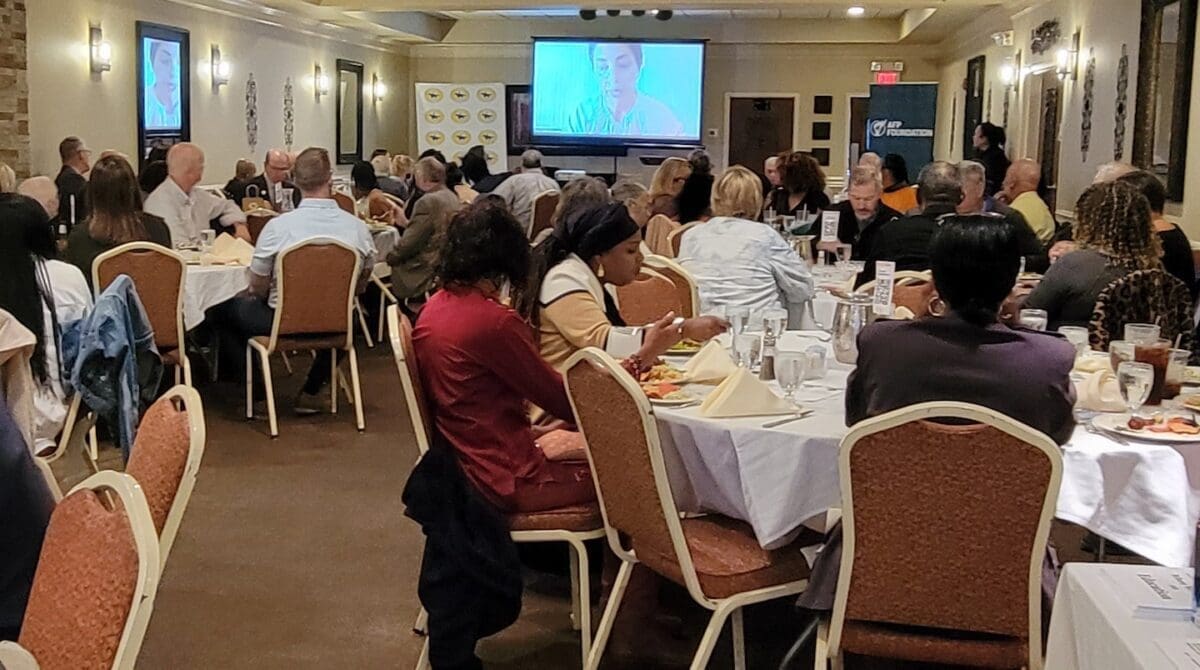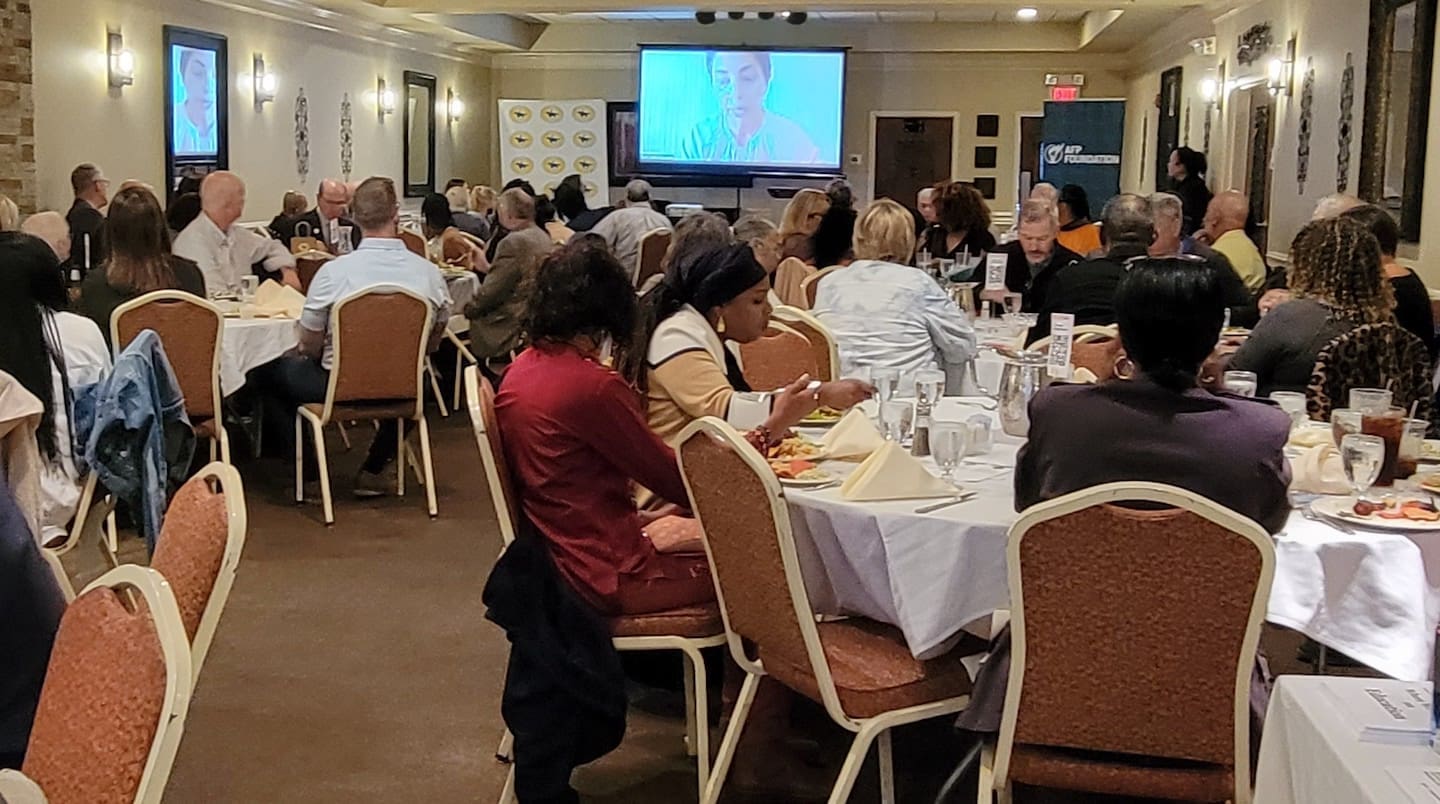Increasing awareness and decreasing partisanship are two of the most important factors to improve education in Delaware, attendees at the inaugural Education Freedom event learned.
“The first step in creating Delaware-led solutions is to have open, honest and transparent conversations about the challenges and opportunities facing our schools,” said Julia Keleher, executive director of First State Educate, which had a representative at the Sept. 28 event in Wilmington.
Keleher said First State Educate seeks to promote collaboration among all Delawareans because the group understands the power of collective action, and is always encouraged to see events unite people who care about improving public education.
“Research has shown that bipartisan efforts to advance accountability have had positive effects,” Keleher said. “When Delawareans choose to set aside differences in the interest of sharing ideas and working towards common goals, our children benefit.”
The Caesar Rodney Institute and the Americans for Prosperity Foundation hope to sponsor similar events in the future to inform families about their students’ education and to give them concrete steps to evoke change.
A lot of the meeting consisted of encouraging the audience to get in touch with state legislators to support three bills: the Single-Digit Proficiency Bill to require a plan to improve the lowest-performing schools; the School Profile Bill to make information to compare schools more accessible to parents; and the Education Right to Know Act to give parents easier access to the curriculum and materials being used in their students’ classes.
The organizers also emailed all attendees a sample template on how to get in touch with local legislators.
Other topics discussed include student absenteeism, teacher shortages, discipline, bullying, violence, the need for greater parental involvement and having a plan to improve outcomes and making information about schools more accessible to families.
“The goal was to reach families in some of the worst-performing schools – including several in Wilmington – to let them know how their schools are performing academically and to give them an opportunity to take action to help improve student’s outcomes,” said Tanya Hettler, director of the Center for Education Excellence at Caesar Rodney Institute.
In 17 Delaware schools, less than one in 10 students can read or do math at grade-level, she pointed out.
RELATED: 17 Del. schools show less than 10% proficiency on state tests
“Families are often unaware of how poorly their students’ schools are performing,” Hettler said. “We provided information about the performance of four of these schools located in Wilmington, and we also contrasted them with the three schools that were just named National Blue Ribbon Schools.”
RELATED: 3 Delaware Schools Earn National Award For Excellence
“This award takes into consideration both overall performance and achievement in closing gaps among diverse student groups,” Hettler said. “This contrast shows that just because a school is in a low-income area or has a large minority population does not mean that it is destined to fail.”
Attendees represented both sides of the political aisle, including legislators from both parties expressing their common concern for the students in the poorest performing schools.
To solve academic problems throughout the state, many attendees who work in education said they need to put aside partisan politics and work together, she said.
Delaware needs to stop focusing on what party proposes a bill or who gets credit for a particular idea or needed changes, Hettler said, and instead work together with others who see the problems in schools to take steps to have greater transparency and more accountability.
Other speakers included Rep. Ruth Briggs King, R-Georgetown; Adam Coleman, author of “Black Victim to Black Victor”; Britney Mumford, executive director of DelawareCAN; and Brandon Brice, vice president for college relations at Cecil College.


Raised in Doylestown, Pennsylvania, Jarek earned a B.A. in journalism and a B.A. in political science from Temple University in 2021. After running CNN’s Michael Smerconish’s YouTube channel, Jarek became a reporter for the Bucks County Herald before joining Delaware LIVE News.
Jarek can be reached by email at [email protected] or by phone at (215) 450-9982. Follow him on Twitter @jarekrutz and on LinkedIn
Share this Post









